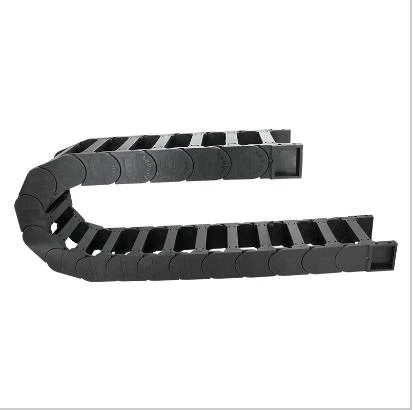corrugated conduit
Understanding Corrugated Conduit Applications, Benefits, and Selection
Corrugated conduit is an essential component in various industrial, commercial, and residential applications, providing protection and support for electrical wiring and cabling. With its unique design and material properties, this conduit has become a staple in electrical installations, offering numerous benefits over traditional options.
What is Corrugated Conduit?
Corrugated conduit is a flexible protective tubing designed to house electrical wires and cables. Made from materials such as PVC (polyvinyl chloride) or HDPE (high-density polyethylene), these conduits feature a ribbed or corrugated structure that enhances flexibility. This design allows for easy installation in tight spaces and around obstacles while maintaining a robust level of protection against physical damage, moisture, and chemical exposure.
Key Benefits of Corrugated Conduit
1. Flexibility and Versatility One of the standout features of corrugated conduit is its flexibility. It can easily bend and curve, making it suitable for various installations where space constraints exist. It can be routed through walls, ceilings, and floors, overcoming obstacles without the need for additional fittings.
2. Durability Corrugated conduits are designed to withstand harsh environmental conditions, including moisture, temperature fluctuations, and UV exposure. Unlike traditional rigid conduits, which can crack or break under stress, corrugated options maintain their integrity even in challenging situations.
3. Lightweight Compared to metal conduits, corrugated conduits are significantly lighter, which reduces the burden on structures during installation. This lightweight characteristic can also lower transportation costs and simplify handling on construction sites.
4. Cost-Effectiveness The overall cost of using corrugated conduit can be lower than that of traditional conduits when considering installation time and material expenses. The ease of installation and the reduction in labor costs can result in significant savings for projects.
5. Chemical Resistance Many corrugated conduits are highly resistant to various chemicals and other environmental factors, making them suitable for industrial applications. This resistance ensures that the enclosed cables and wires remain protected from corrosive substances that could compromise their integrity.
corrugated conduit

Applications of Corrugated Conduit
Corrugated conduits are widely used in various sectors, including
- Residential Wiring Homeowners often use corrugated conduit in places like garages, basements, and attics for routing electrical wiring safely and efficiently. - Industrial Settings In factories and warehouses, corrugated conduits can protect instrumentation, power wiring, and control cables, helping to maintain safe operational standards. - Commercial Buildings Corrugated conduits are commonly used during the construction of commercial facilities for electrical and communication wiring, ensuring that installations are both safe and efficient.
- Telecommunications The telecommunications industry utilizes corrugated conduit to protect fiber optic cables, safeguarding them from physical damage while allowing for easy access during maintenance and upgrades.
Selection Considerations
When selecting corrugated conduit for a specific application, several factors should be considered
- Material Choose between PVC and HDPE based on the environmental conditions and the specific project requirements. - Size Assess the required diameter to accommodate the number and size of cables to be housed within the conduit. - Compliance Ensure that the selected conduit meets local electrical codes and standards to maintain safety and performance.
Conclusion
Corrugated conduit stands out as a versatile, durable, and cost-effective solution for electrical wiring applications. Its combination of flexibility and protective properties makes it an excellent choice for a wide range of environments, from residential homes to industrial sites. By understanding its benefits and applications, electricians, builders, and homeowners can make informed decisions that enhance safety and efficiency in their electrical installations.








